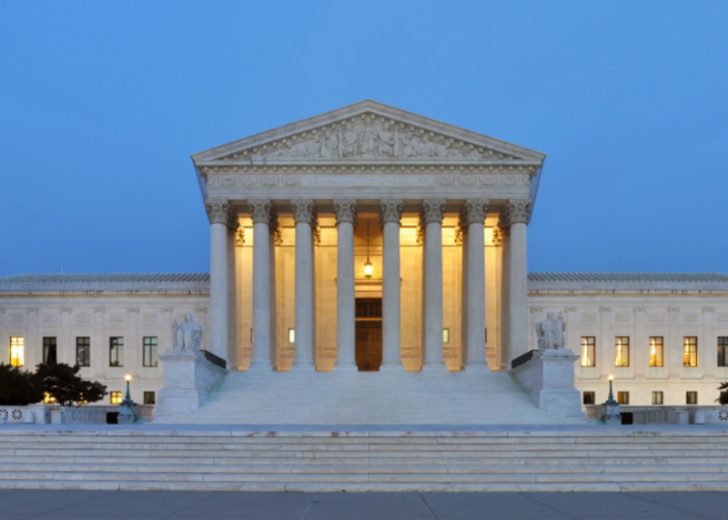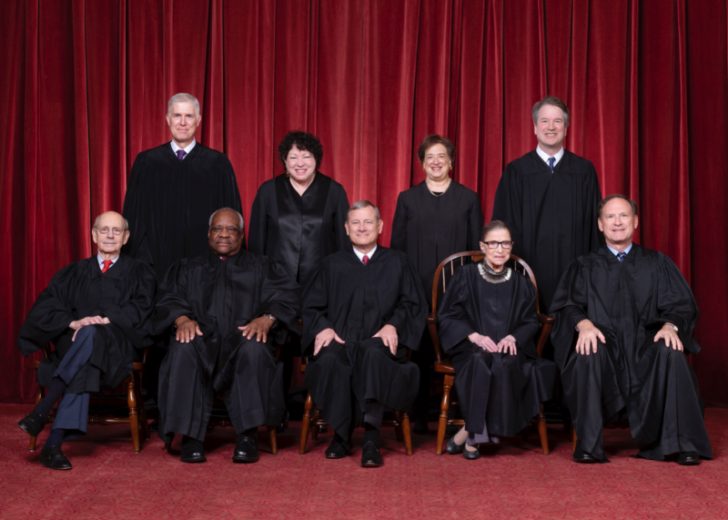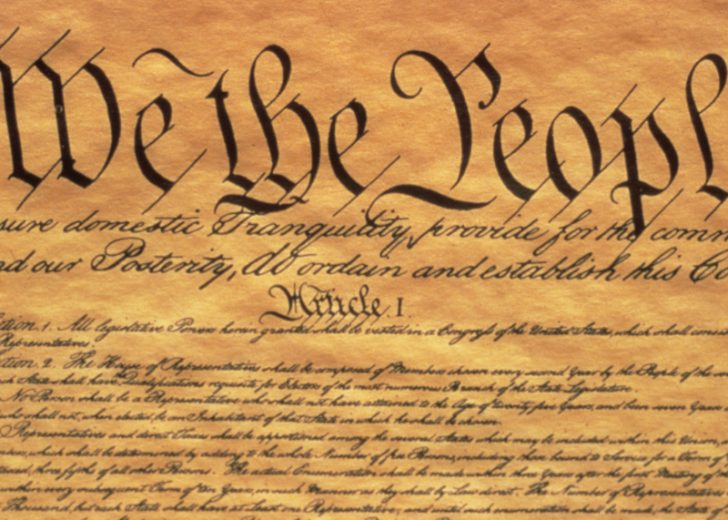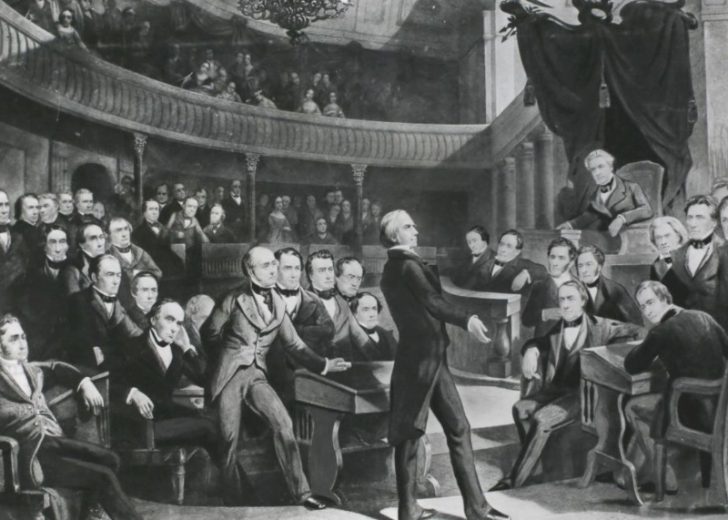Originalism has featured significantly in each of the last 3 confirmation battles in the Supreme Court– those of Gorsuch in 2017, Kavanaugh in 2018 and Barrett in 2020 and misunderstandings about the theory of constitutional interpretation is aplenty: Is not originalism self-conflicting because our Founders were not originalists? Don’t originalists discount the amendments drafted post 1789? Would the originalists think that the Constitution only applies to muskets and horse-drawn carriages? Expert constitutional originalists answer some FAQs about originalism and also debunk some myths.
What is originalism?
The Core of Originalism is that the Constitution should be in tune with its original meaning. But what is the Constitution’s original meaning? Some argue it’s the meaning as explained by the stalwarts who ratified the US Constitution in various state convention, or the citizens who elected these ratifiers, or as the understanding of a well-educated, reasonable reader. Other scholars claim that the Constitution is filled with legal jargon and ought to be interpreted within its originally intended legal meaning. With this approach, for example, the term “ex post facto laws” refers only to criminal laws, and not to every retroactive law. Although the critics of the concept of originalism make much noise about these intra-originalist squabbles, the reality is that all approaches lead to the same answer. Originalists strongly believe the Constitution is a mere public instruction used by legal officials, and statutes are public instructions to citizens and to officials. Why the Constitution is binding and legitimate such that we all must follow it, are different questions: questions that are argued and contested to this day even among self-professed originalists.
Are Supreme Court Justices, originalists?
Justice Elena Kagan, appointed in 2010, at her confirmation hearing said that we’re all originalists now, meaning that all justices take the text of the Constitution more seriously than they used to. Only three Justices, Thomas, Gorsuch and Kavanaugh, are self-avowed originalists. Justice Alito and Chief Justice Roberts are pragmatic, giving weight to precedents and consequences. Justices Breyer, Kagan and Sotomayor believe the Constitution should keep evolving. A recent misconception is that originalists ignore amendments written after 1789, the year the Constitution went into effect. This is odd as the Bill of Rights, wasn’t added until 1791.
Originalists believe in changes made to the Constitution that are properly made via the amendment processes. This is also why originalism justifies Brown v. Board of Education, the landmark and much needed decision for school desegregation. The 14th Amendment’s privileges or immunities clause provides that no state will make or enforce a law that limits the immunities or privileges of US citizens. This was meant to be an anti-discrimination caveat aligned to civil rights under state law. If education was a civil right then once it is publicly acknowledged that the practice of segregation in the US was never remotely about equality but rather about supressing one race of Americans, segregated public schools do violate the Constitution.
Is originalism a Deep-State conservative ploy?
The final misconception is: Isn’t originalism a rationalization for conservative results? The answer is No. Originalists would like to take the bitter, along with the sweet. They wouldn’t be fans of direct election of senators or federal income taxes, but accept the original understanding of the 16th and 17th amendments on these points. Moreover, originalists tend to often believe whether on controversies like abortion or same-gender marriage, those political and moral questions must be decided by democratic, legislative processes, leading to libertarian, progressive, or conservative outcomes.








